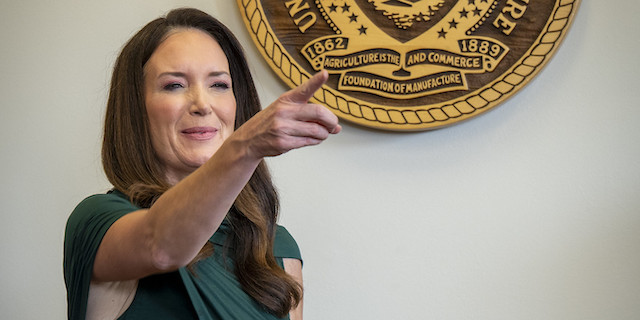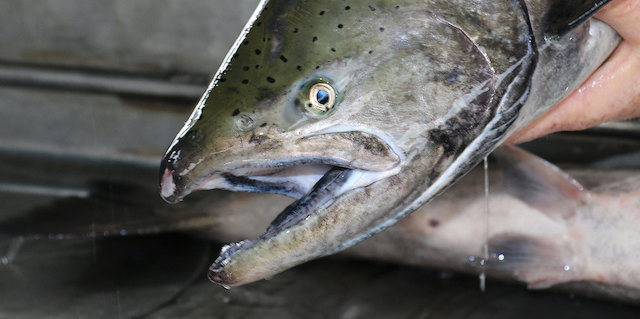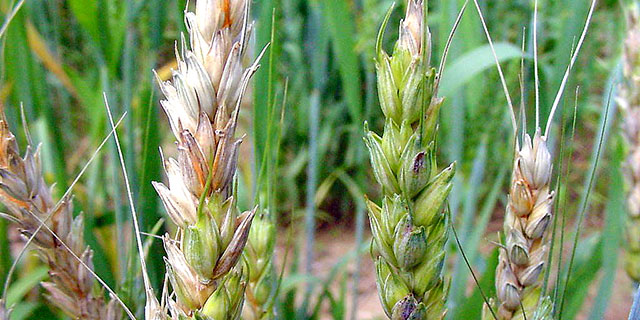Ag panel calls for new farm bill, and soon
Published 4:10 pm Monday, September 16, 2024

- Agriculture-issues panelists Sept. 13 talk about a new farm bill.
- Caucus detail
BOISE — A new farm bill is needed soon, agricultural leaders said during a panel discussion before the Congressional Western Caucus on Sept. 13.
The new farm bill’s crop insurance, specialty crop and land-management implications are among the many reasons the legislation is important to Western farmers and ranchers, the panelists said.
Congress late last year extended the 2018 Farm Bill through this month. The House Agriculture Committee in late May passed its version of the new bill, but neither the full House nor the Senate has passed a farm bill.
The 2018 Farm Bill “does not fit the needs of American agriculture today,” said American Farm Bureau Federation President Zippy Duvall. “Whether it’s COVID, whether it’s inflation, whatever it might be, it does not fit the needs that agriculture has today. And it is time for us to get this done.”
In the meantime, “agriculture is in the worst place it’s ever been,” with net farm income down 23% since 2022, he said.
The House Ag Committee’s new farm bill bolsters crop insurance.
“All farmers take a risk and they need some risk-management tool,” Duvall said. “Crop insurance is a cornerstone.”
Farm Bureau also appreciates the bill’s spending on conservation programs, which “have been over-applied for, for years and years,” he said.
The bill also calls for more USDA resources for exports, enhancements to the Specialty Crop Block Grant program that USDA administers in cooperation with states, and substantial spending on agricultural research. All are important to the specialty crop industry’s success and competitiveness, said Kam Quarles, National Potato Council CEO.
As for crop insurance, the specialty crop industry “has kind of lagged behind” in using it effectively, he said. The farm bill that the House committee passed has “more encouragement to tailor products toward the specialty crop community.”
“It’s a big undertaking,” Quarles said. “When the industry hits a pothole every few years, being able to provide resources on a temporary basis to producers to get them out of those ruts is incredibly important.”
As for land management, Duvall, from Georgia, “got an earful about wildfires” at a recent meeting of Farm Bureau Western presidents, he said.
Producers “want the authority and the ability to be able to play a major role in land management because they are the ones that have lived on the land for generations,” he said. “They know what it takes to manage this land. They understand the importance of timber harvest. They understand the importance of grazing cattle on that land.”
Major fires are uncommon on Georgia private forestlands, Duvall said. “The only time I smell smoke is late January and February because all the landowners are out there burning off that fuel underneath those trees.”
Loss of life and property to fire is “getting really tiresome,” said Rep. Doug LaMalfa, R-Calif., a rice farmer and the Western Caucus executive vice chairman. “We need to get federal folks moving on management or get them out of the way. There are great partnerships we could be extending.”
One recent success involves the Idaho Department of Lands partnering with federal agencies to reduce fire risk across jurisdictional and ownership boundaries, said Sen. Jim Risch, R-Idaho.
More federal progress is needed on labor availability and affordability, trade, reducing regulatory burdens, and crafting land-use and other policies that help farming and ranching to continue, panelists said.






